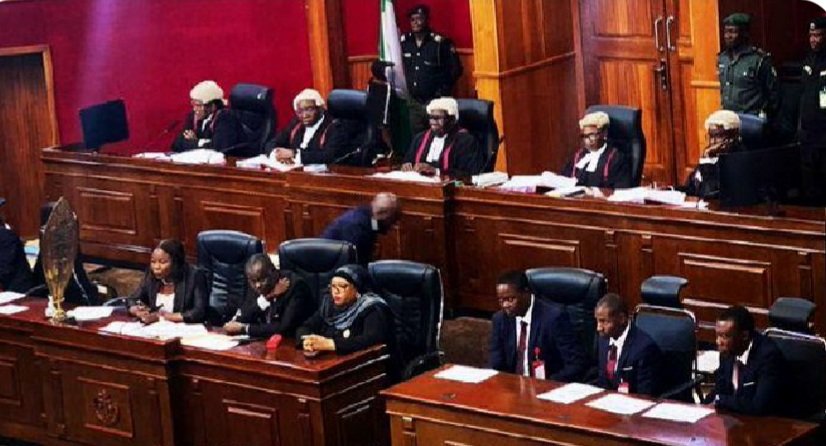
Electronic transmission of election results not mandatory – PEPT rules
Presidential Election Petitions Tribunal (PEPT) in Abuja has ruled that electronic transmission of election by the Independent National Electoral Commission (INEC) as contained in the Electoral Act 2022 Amended is not mandatory.

In dismissing the petition filed by Mr Peter Obi and Labour Party challenging the declaration of now President Bola Tinubu of the All Progressives Congress (APC) as winner, the court also stated that the petitioners ‘failed to establish that INEC intentionally refused to quickly upload polling unit results to IReV so as to alter the results in Tinubu’s favour.’

It would be recalled that one of the grounds of the petition by Obi and LP was that the deliberate refusal by INEC to electronically transmit February 25 presidential election results to various collation centres enabled malpractices which altered the final scores announced by the electoral umpire on March 1.
Obi and LP also told the court that the failure was deliberate because the results of thr National Assembly elections which also conducted same February 25, 2023 was not affected by the INEC action.
According to the court, while ruling on the LP and Obi prayer, the petitioners failed to establish that INEC intentionally refused to quickly upload polling unit results to IReV so as to alter the results in Tinubu’s favour.
The court further said INEC regulations and the Electoral Act give room for manual collation of results. It said electronic transmission is optional at best.
The court added that the only device that must be used by INEC for elections is the Bimodal Voters Accreditation System (BVAS), as it further noted that there’s no regulation showing BVAS must be used to electronically transmit results from polling units.
In dismissing the petitioners’ claims, the court ruled that INEC remains at liberty to define the mode of transmitting election results.



